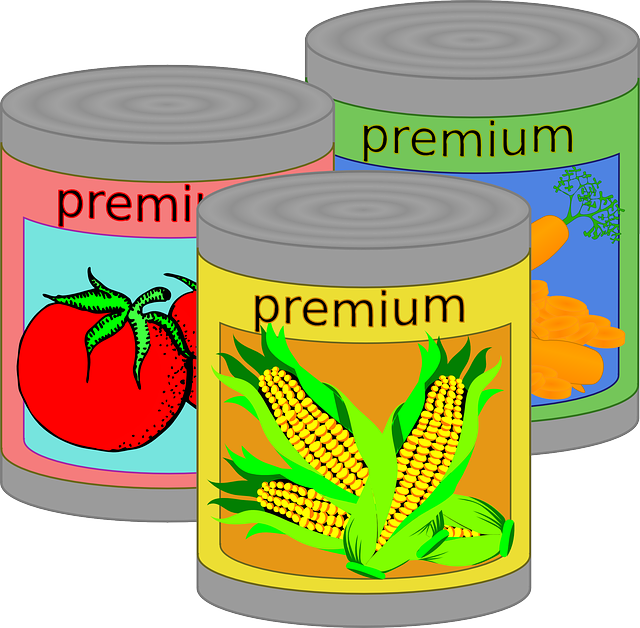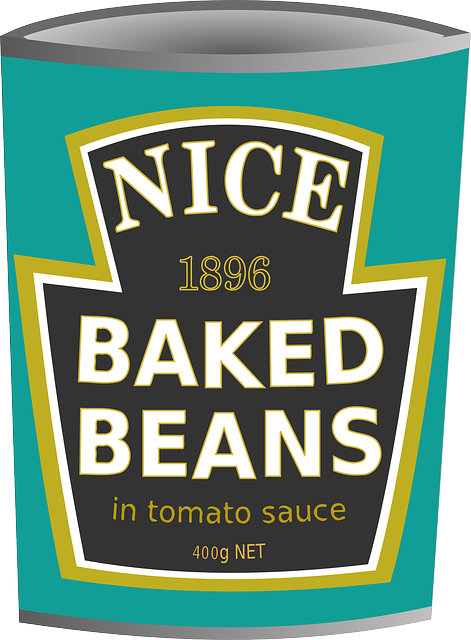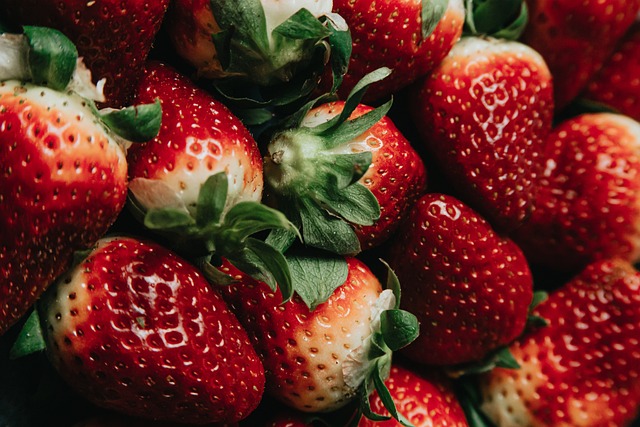The article examines the niche market of peculiar culinary creations with a spotlight on the world of weird canned food. It discusses the enigmatic canned raccoon, which has garnered online attention for its bizarre appeal as both an adventurous dish for the daring and a humorous novelty gag gift. This item showcases advancements in preservation technology and reflects the market's fascination with unique edible products. Despite being more of a collector's item or icebreaker than a typical meal, the canned raccoon is a significant curiosity within the category of weird canned food. The article also touches on the historical impact of canning on preserving animal proteins, leading to an assortment of unusual canned meats that blend culinary novelty with humor. It underscores the diversity of human dietary exploration and emphasizes the entertainment value found in the quirky offerings within this niche market. The canned raccoon exemplifies the humor and surprise associated with novelty canned foods, which are appreciated as collectibles or amusing conversation starters by enthusiasts who enjoy the unexpected and eccentric aspects of consumer goods. It encapsulates the cultural phenomenon of incorporating whimsy into gift-giving, offering a humorous twist to traditional canned goods and reminding us that such novelty items can foster joy and surprise in social interactions.
Dive into the intriguing realm of culinary curiosities with our exploration of canned raccoon, a niche yet notorious entry in the world of weird canned foods. This article unravels the quirky facets of this gag gift, shedding light on its unusual appeal as a humorous holiday staple. We’ll dissect the novelty behind consuming canned raccoon, delve into its role as an amusing present, and navigate the ethical and legal considerations surrounding it. Join us as we offer a peek into this peculiar practice, sure to pique your curiosity and perhaps elicit a chuckle or two.
- Exploring the Quirky World of Weird Canned Food: The Curious Case of Canned Raccoon
- Unpacking the Novelty: What is Canned Raccoon and Why Would Anyone Eat It?
- The Art of Gag Gifting: Canned Raccoon as a Humorous Holiday Staple
- Navigating the Ethical and Legal Landscape of Canned Raccoon Consumption
Exploring the Quirky World of Weird Canned Food: The Curious Case of Canned Raccoon

Venturing into the niche of peculiar culinary creations, one finds a selection of items under the umbrella of weird canned food that challenges the palate and defies convention. Among these curiosities is the enigmatic canned raccoon, a product that captures the essence of this often-misunderstood creature for those with an adventurous appetite or a penchant for novelty gag gifts. This unusual item has garnered attention online, where it’s often showcased as a testament to human ingenuity in preservation methods and a reflection of the global market’s demands for unique products. Collector’s items and conversation starters, cans of canned raccoon are seldom consumed but more often sought after by enthusiasts of the bizarre and the macabre, making it a fascinating subject within the realm of weird canned food.
The allure of canned raccoon, as part of the broader category of weird canned food, lies not only in its novelty but also in the historical context of canning technology. This practice has evolved over centuries to preserve various animal proteins, leading to a variety of canned meats that are both historic and, at times, outlandish. The canned raccoon is a prime example of how this industry pushes the boundaries, offering products that sit at the intersection of culinary curiosity and gag gift markets. It’s a reminder of the diversity of human consumption habits and the lengths to which we’ll go to explore new food experiences, all while contributing to the rich tapestry of weird canned food offerings.
Unpacking the Novelty: What is Canned Raccoon and Why Would Anyone Eat It?

The concept of a “Canned Raccoon” as a gag gift may initially strike one as an oddity, but it’s a prime example of the quirky realm of novelty canned foods. This peculiar item is designed to mimic the appearance and texture of canned meat products, albeit with an unexpected twist – it’s actually empty. The humor lies in its deception; from the outside, it resembles any other can of preserved food one might find on a grocery shelf. Upon opening, however, the consumer is greeted not with sustenance but with a playful prank, revealing the jest behind the label. The allure of this gag gift taps into the fascination with oddities and the human curiosity about what lies within. It’s a humorous nod to the vast array of strange canned foods that have hit the market over the years, often referred to as “weird canned food” due to their unique and sometimes bizarre contents. These novelty items are not intended for consumption but serve as a conversation starter or a quirky addition to a collection of peculiarities. The Canned Raccoon, in particular, capitalizes on the unexpected, offering a blend of humor and surprise that appeals to those with an appreciation for the offbeat and the unusual.
The Art of Gag Gifting: Canned Raccoon as a Humorous Holiday Staple

The tradition of gifting with a touch of humor is a time-honored way to add spice to holiday gatherings or to inject some mirth into everyday occasions. Among the array of whimsical gifts, the canned raccoon stands out as a peculiar yet beloved staple for those who appreciate the bizarre and the amusing. This novelty item is a perfect example of weird canned food that transcends the boundaries of traditional edible goods, offering an unexpected twist to the concept of canned products. Its presence on a gift list often elicits surprised chuckles or outright laughter, ensuring that the recipient remembers the giver long after the holiday season has passed.
The allure of a canned raccoon as a gag gift lies in its dual nature: it is both an actual product and a convincing replica that can fool the unsuspecting. The realistic designs of some versions make for an entertaining practical joke, while others are clearly crafted for display purposes alone. Regardless of their intended use, these canned critters serve as a humorous nod to humanity’s fascination with collecting and preserving the peculiarities of life in all its forms. They remind us that sometimes, the greatest gifts are those that prompt a hearty laugh and a shared moment of delightful disbelief.
Navigating the Ethical and Legal Landscape of Canned Raccoon Consumption

Navigating the consumption of canned raccoon presents a unique set of challenges within the ethical and legal frameworks that govern wildlife and food safety. While it may seem like an oddity in the realm of culinary practices, canned raccoon has surfaced as a niche gag gift, raising questions about its legality and morality. From a legal standpoint, the sale and distribution of canned raccoon meat must adhere to federal and state regulations that ensure the humane treatment of animals and the safety of food products for human consumption. The U.S. Department of Agriculture (USDA) and the Food and Drug Administration (FDA) set stringent standards for processed foods, which typically exclude wildlife not raised specifically for food. Ethically, the practice of consuming raccoons—whether canned or not—raises concerns about conservation efforts and the potential impact on local ecosystems. It’s crucial to understand that while the novelty item may be marketed as a joke, the underlying reality of its sourcing and consumption carries significant implications. Consumers intrigued by this peculiar delicacy should be aware that their purchase supports an industry that operates at the intersection of legality, ethics, and public health considerations.






